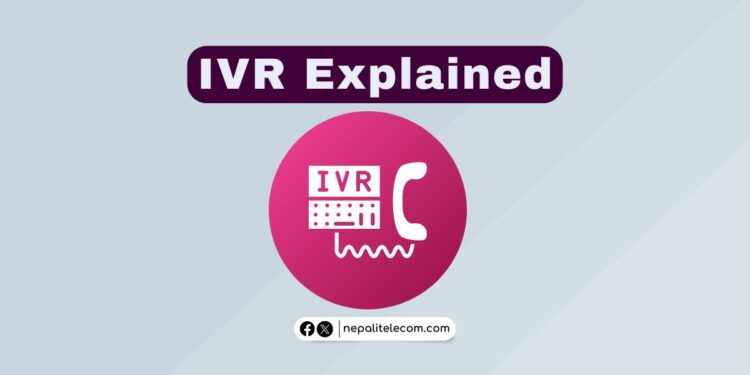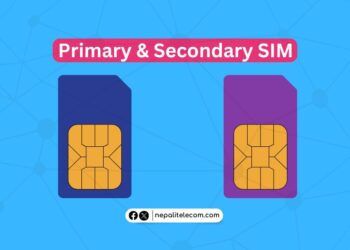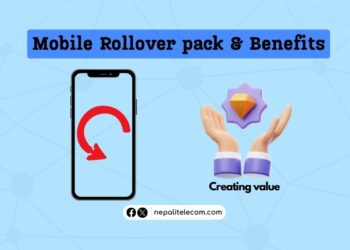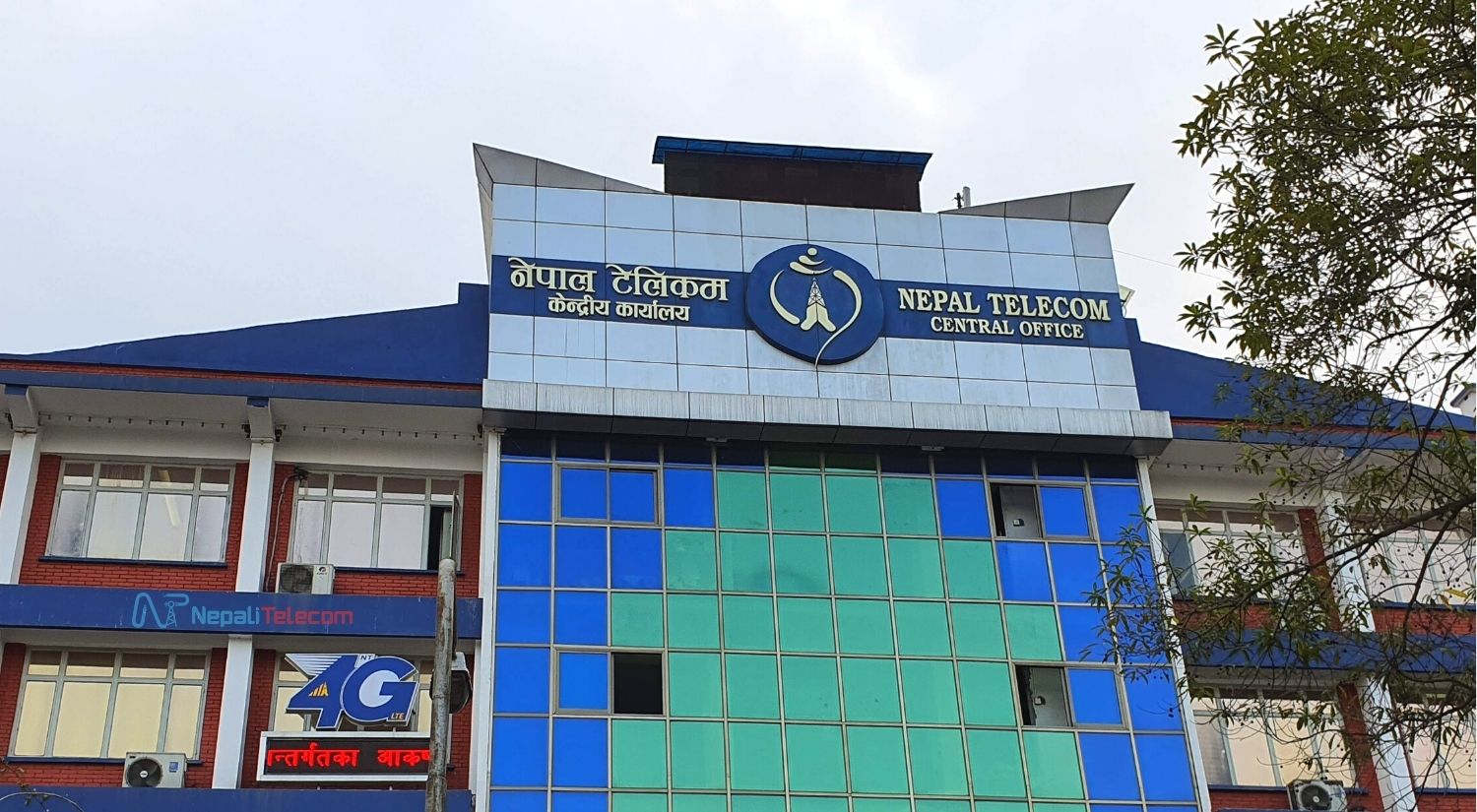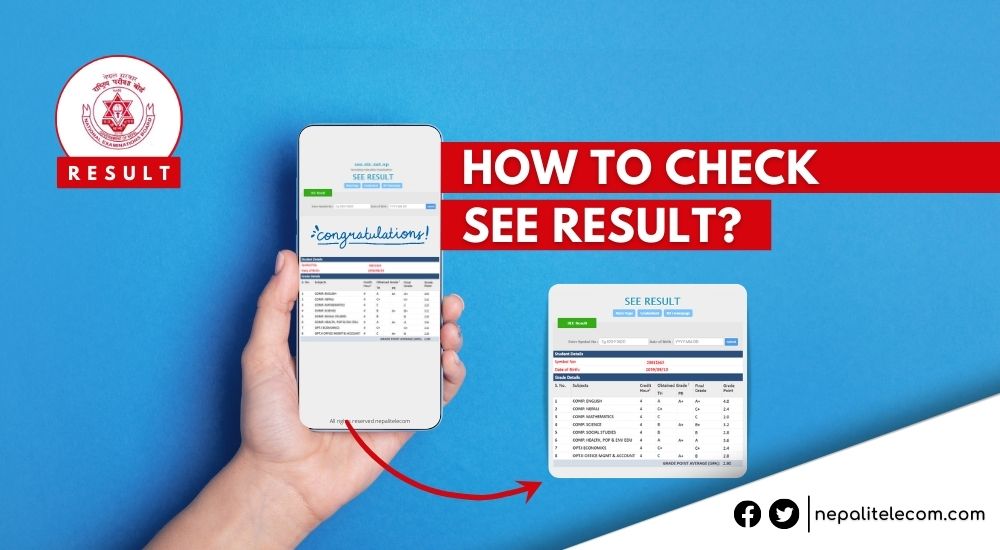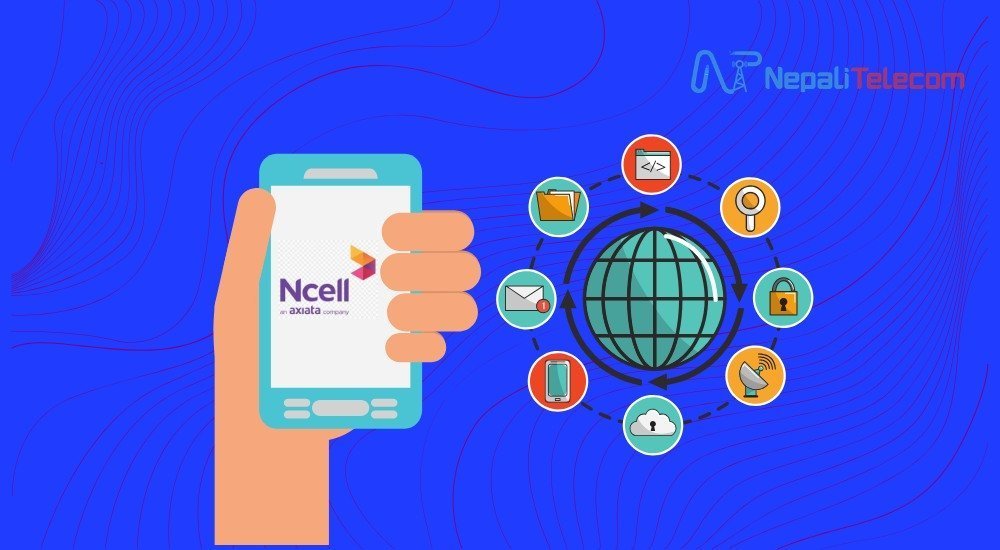IVR or Interactive Voice Response is a telephony technology in which callers access information from a set of automated voice responses. The system requires callers to dial specific numbers that activate IVR and when specific numbers are dialed such as 0 or 1, 2, or when words such as “year” or “no” are uttered, they can access pre-recorded information from service providers. In Nepal, IVR is mostly used by telecom service operators for easier customer service. If you have called Ntc or Ncell for their services and you were met with automatic voices, that’s IVR.
IVR helps increase customer satisfaction. As it doesn’t require human interaction which can be time-consuming, programmed responses can serve very effectively to the callers. Especially when the network is too congested or when the call volume is huge, machined (recorded) voices become more useful than human interaction. IVR helps customers get information and subscribe to services without having to fulfill a number of steps or perform lengthy tasks. Besides, IVR technology can also route calls to the concerned call center agents for customers making services agile and straightforward by pressing some digits.
Check out: What is USSD Code? Why to prefer it? Explained
How does IVR work?
IVR coordinates with the traditional exchange or mobile system or Voice Over Internet Protocol VoIP tech and BSS (billing system) to establish such interactive calling. Generally, an IVR system works with the composition of three components- IVR software, database, and servers.
An IVR software helps the system with automated menus. When a caller calls in and directs the system for a particular service, the software routes the call to the concerned department, call agents, or databases.
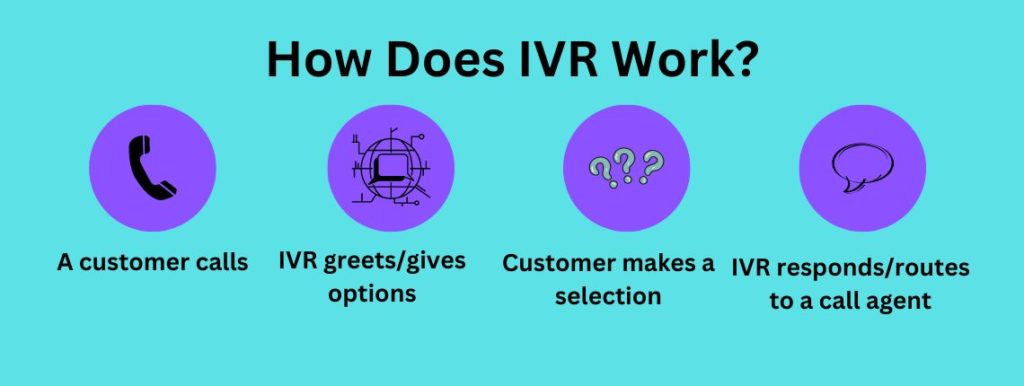
You may as well be familiar if you frequently call your operator for different services. You are usually if not always directed to dial 0 or 1 to choose your language for interaction. Then, the voice gives you other such options to narrow down to what service you are calling for. You can also choose to talk to a human representative by dialing a specific number as the voice suggests. An effective IVR is one that is able to organize requests and cater to the customers the service they are seeking as fast as it can.
IVR has a menu in its database that users can access by using either voice recognition software or dual-tone multi-frequency touch-tone dials. When human representatives are not available, the pre-recorded voices can maintain customer services very effectively. It’s an exceptional alternative for companies to provide round-the-clock after-sales service to their customers.
Also read: List of call announcements and error messages in Nepal | call busy, switch off, etc.
Types of IVR
An IVR is essentially a two-way communication like a normal phone call, however, without a human for interaction. Usually, there are three types of IVR setups established by most service providers:
- Touch-tone replacement: In this structure, an IVR system asks callers to use a touch-tone keypad to access the required information. For example, an automated voice may tell you: Press one for “Nepali.”
- Directed dialogue: In this setup, the system responds with verbal prompts to callers for their inquiries. Suppose, the pre-recorded voice may ask, “Are you calling to check your mobile balance?” To which, the caller may have to respond with “Check mobile balance.”
- Natural language: This type of IVR may ask in a human-like language, “Which specific service do you want?”. The caller can reply with “I am trying to know my mobile balance.”
Don’t miss: Important numbers, USSD codes in Ntc
Benefits of using IVR
- Simplified menu: It’s fair to say that IVRs are designed to make services easier to access for customers. And rightfully it does. They structure an easier menu of services for their customers which makes it easy to negotiate. From choosing language options to activating/deactivating some services, or receiving information, the simplified menu makes for an added advantage to IVR systems.
- Cost-friendly: IVR systems can be highly cost-effective. Callers may only have to pay a small amount while calling IVR numbers. Some service providers make them free of cost too. On the other hand, since they replace human hands, companies can also capitalize on it to reduce the operational costs spent on their salaries.
- Human alternative: IVR is an exceptional replacement for humans as voice messages can do the trick very soundly. Talking to human representatives might take time on many occasions, especially when there are too many calls simultaneously. Likewise, failure to diagnose customer queries could also be a possibility. A programmed system can sort out such shortcomings with human engagements making IVR an effective solution.
- Effective call routing: After gathering relevant information from callers, IVR service can route calls to the concerned representatives. It minimizes waiting time for callers and increases customer satisfaction.
- Less chance of errors: If designed properly, IVR systems reduce errors and can be trusted to provide accurate services to customers.
- Better security: Modern IVR systems are advanced and integrate voice recognition technology which helps to identify the voices of the callers. This can be helpful for law enforcement agencies to conduct investigations just in case.
Also read: USSD Codes, Important numbers in Ncell
Challenges of interactive voice response
While IVR is an exceptional tool for customer service, it does have some challenges too.
- Longer hold times: What could be the most irritating is to hold long for connecting to an IVR system. At times you may have encountered this scenario where you have had to wait long to get a service. More commonly, this issue persists when you call in and choose to interact with a call representative. If your service provider is charging you for the call, it makes it a whole lot worse. Remember having to wait to get a call agent on the call from Ntc, or Ncell. You realize the frustration.
- Menu options: While menus are streamlined in IVR, they are beneficial but that’s not the case all the time. Long-voice messages and tediously long stepwise service selection can be a bothersome experience for callers. Suppose you are calling to check your balance inquiry, but then you have to choose the language option and have to hear all the voice messages that you are used to. That can be bothering.
- Unnatural communication: Pre-recorded messages are programmed to play upon receiving calls. They can’t be stopped or modified by callers. This very feature could exacerbate users when you call in to sort out any service issue, but the voice can’t comprehend the complexity of your problem.
It’s imperative that companies properly design their IVR systems to cater to the needs of their customers. They have to imagine situations and issues that their users might face and design the system accordingly. An inadequate IVR can lessen customer satisfaction and harbor negativity.
Also recommended: Mobile Rollover Pack in Nepal: All You Need to Know
IVR in Nepal
In Nepal, the IVR system is mostly associated with telcos however, it’s also applied in health, education, and other service sectors. But as stated, most are familiar with pre-recorded voices with their mobile services. Nepal Telecom and Ncell commonly use it to cater to the customer’s services. Using voice tech, the companies engage customers for a variety of needs such as balance query, recharge, CRBT/PRBT, subscription to Value-Added Services (VAS), etc. Besides, the system also lets customers talk to their customers. Besides, telcos, DTH, and ISPs have also employed the automated voice response feature to communicate their services to customers.
In Nepal, IVR service is mostly associated with telecom service providers- Ntc or Ncell. So, if you own a SIM card from either of these two and the chances are very likely that you do, you can avail of a number of services with an IVR call.
Check out: Ntc Customer Care Number for Complaints and Information Query
Nepal Telecom IVR call services:
With Nepal Telecom, you get the following services with an IVR call:
- Check your SEE/ Class 11 and 12 at 1601/ TU results at 1602
- Register your complaint with Ntc by dialing 198
- PSTN bill inquiry at 1606
- Talk to a call agent and Demand an FTTH connection at 198
- Query landline telephone bill at 1606
- Activate CRBT/PRBT
- Subscribe to VAS
The calls are applicable to certain charges. The company says that banks, airlines, government, or even telecom operators can avail of its IVR services.
Ncell IVR call services:
Except for landline (PSTN) and FTTH services, you can expect similar services with IVR calls at Ncell:
- If you own a regular prepaid Ncell number, you can avail of the telco’s IVR services by dialing 9005.
- Similarly, if you carry a Ncell Pro and Ncell Biz number, you need to dial 9007 for IVR services.
- For owners of other operators’ numbers, Ncell has 9809005000 to access IVR responses.
Do note that calls via 900/9005 to Ncell IVR service are free of charge. Up to 30 calls a month come without any costs to talk with an Ncell representative. Afterward, standard charges will come into effect for each call. Likewise, calls from other operators (only Ntc as Smart Cell is not a valid operator anymore) are charged as determined by the company.
Do you prefer IVR calls or choose other methods to contact your service provider? Do share with us in the comments below.


